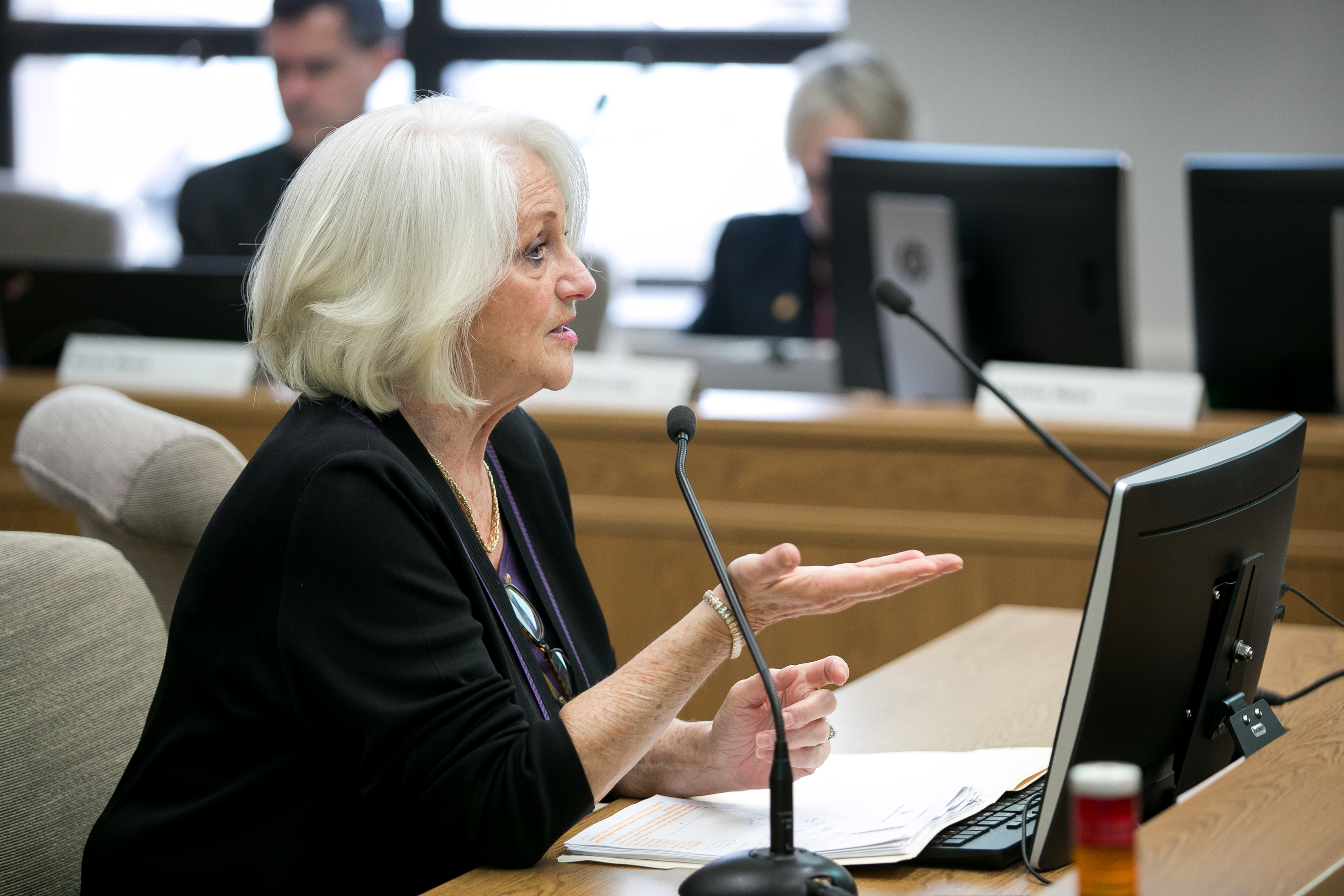My bill advocates stricter oversight for ‘unconscionable’ agency actions
The effectiveness of court-ordered drug and alcohol counseling for those convicted of driving under the influence has been compromised by the mismanagement of complaints and the settlement process for license violations by those trusted to hold counseling providers accountable.
I have responded with Senate Bill 5705, which would require stricter oversight of the Division of Behavioral Health and Recovery within the state Department of Social and Health Services. DBHR is responsible for licensing, inspecting and certifying behavioral-health providers who manage outpatient drug and alcohol services.
SB 5705 was heard yesterday and was passed out of committee. I expect to see it moved to the Senate floor soon.
Evidence uncovered about this issue, referred to by an ongoing King-TV investigation as ‘Sobriety for Sale,’ shows that counseling providers solicited bribes from patients in the court-ordered drug and alcohol program. In exchange, providers reportedly falsified such documents as attendance records and urinalysis results. When DBHR received complaints about the activity, it conducted inspections that found, in many cases, many similar violations. On several occasions the agency, with the help of an assistant attorney general, entered into settlements that reduced the number of violations and the amount of the penalties, creating the appearance that the providers’ actions were not as serious or as widespread as they actually were.
I am dumbfounded that DBHR would look the other way and settle cases where there was clear evidence of license violations and illegal conduct. DBHR’s willingness to ignore criminal behavior is unconscionable.
Some patients who failed to comply with the recovery program’s requirements were reported to be in compliance, meaning people with serious substance abuse issues who were not adequately treated are driving despite DUI convictions.
I am most concerned about the patients in the drug and alcohol programs and the safety of the public. Are people getting the help they really need so they don’t continue to drive under the influence or are they being manipulated and turned back out on the street as a threat to the safety of everyone else?
SB 5705 would implement oversight of settlement agreements between DBHR and counseling providers by prohibiting settlements intended to reduce the number of violations in order to avoid litigation. Any proposed reductions would need to be substantiated by evidence showing compliance with a DBHR corrective-action plan and would need to sufficiently justify the request to reduce the violations.
The bill would also require DBHR to submit an annual report to the Legislature with a detailed overview of each settlement agreement and a copy of the actual agreement, including background information detailing the provider’s violations so that lawmakers have the context in which to evaluate the settlements.
The integrity of our behavioral-health system and our criminal justice system is at stake. Failure to oversee the settlements of these cases creates an environment that tolerates egregious behavior that is, at best, unethical and, at worst, criminal. We need to rein it in and follow the trail as high as it goes.
SB 5705 would go one step further by prohibiting “sham transfers,” which is when the owner of a counseling agency sells the agency to a family member to avoid liability. Family transfers will no longer reset the violation count and help “bad actor” providers avoid liability.
In its current form, this bill is just the beginning. We are adding more teeth to it because there is too much at stake and the citizens of Washington deserve better from their executive branch, including the Office of the Attorney General.
Leadership role provides new opportunities
In my first e-newsletter this session I talked about how I had been elected as Majority Caucus Chair and I explained how this new role would expand my knowledge of the legislative process and give me opportunities to serve my district and the state of Washington even better.
Recently, I attended a meeting between our caucus leadership and the governor. He asked about our ongoing work on mental health issues, which is a policy area of particular interest to me. I was able to share the intent behind several Senate bills on mental health introduced by my caucus. It was a productive meeting where I felt the governor gained a deeper understanding of bills he will likely need to sign soon.
It’s opportunities such as this that give me not only a stronger voice in the legislative process, but also more insight into how my colleagues and I can build stronger relationships with the governor and the senators across the aisle so that we can enact laws that protect Washington’s future.
Education Equality Act Update
The governor’s budget office recently stated that the Education Equality Act, which is our plan to fully fund education, ensures that every district receives more money. While the plan adjusts for inequities statewide, all of Washington’s children would benefit. Stay tuned for further updates!








